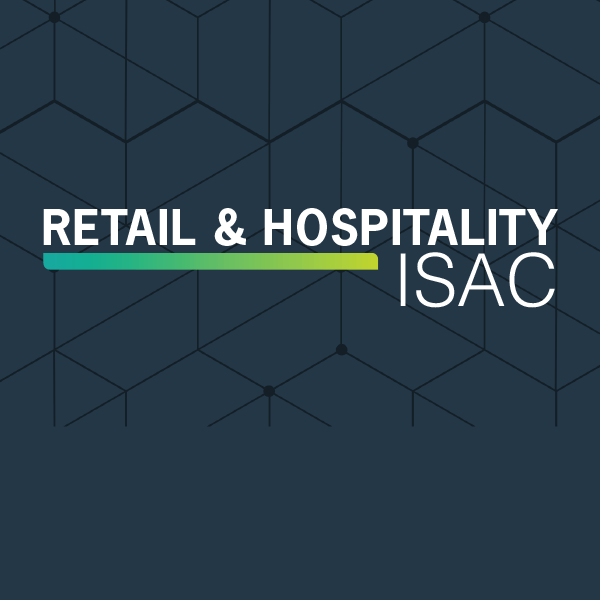RH-ISAC supports launch of national strategy to prevent scams
What: RH-ISAC supports the launch of the National Strategy to Prevent Scams, advancing coordinated efforts to combat fraud across the retail sector.
Why it is important: This initiative reflects the retail industry’s urgent need for coordinated, intelligence-driven responses to escalating fraud, as seen in recent sector analyses.
The National Strategy to Prevent Scams, led by the Aspen Institute and supported by RH-ISAC, marks a significant evolution in the fight against fraud within the retail sector. With scams now costing Americans an estimated $430 million daily and fueling transnational criminal organisations, the strategy calls for a unified response from government, law enforcement, and private industry. RH-ISAC’s active role—through its Fraud Defense Forums, partnerships with Meta, and use of platforms like MISP—demonstrates how real-time intelligence sharing and advanced technologies are becoming central to retail fraud prevention. The strategy’s recommendations, such as elevating scams to a national security priority and enhancing law enforcement tools, reflect the sector’s shift toward integrated, ecosystem-wide defenses. As fraudulent returns and cyberattacks continue to rise, the retail industry is increasingly adopting data-driven, collaborative approaches to protect both operations and consumers. This coordinated movement is essential for restoring trust and resilience in an environment where traditional measures are no longer sufficient.
IADS Notes: The urgency of coordinated anti-fraud strategies is underscored by recent developments. In May 2025, The Robin Report highlighted the escalation of organised retail crime and its impact on employee safety, while the Financial Times in June 2025 detailed the industry’s investment in advanced security technologies. RH-ISAC’s collaborative efforts, as noted in April 2025, and strategic partnerships reported by Retail Week in July 2025, illustrate the sector’s growing reliance on intelligence sharing and law enforcement cooperation. The scale of financial losses from scams, reported by WWD in January 2025 and KasadaIQ in April 2025, further emphasises the need for innovative, data-driven prevention and consumer education.
RH-ISAC supports launch of national strategy to prevent scams

